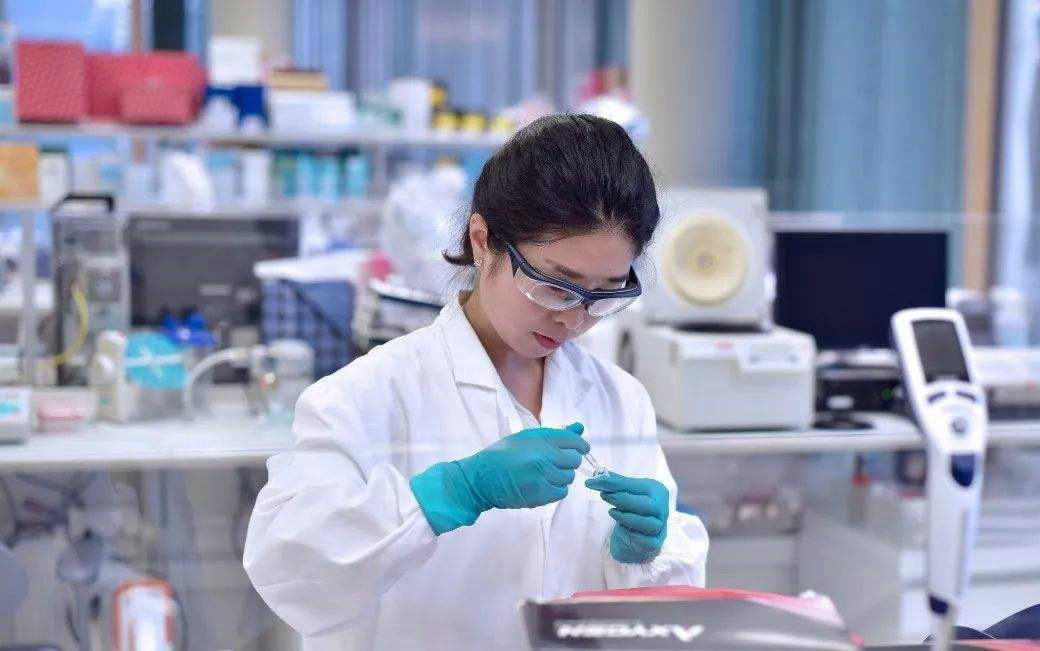
Global research institutes study the vaccine of coronavirus
Researchers from a number of research institutions around the world are studying the new coronavirus, hoping to develop a vaccine that can be used in clinical trials in the short term.
On January 10, Chinese scientists released the genetic makeup of the new coronavirus to a public database, the New York Times reported. The next day, Dr Barney Graham’s team, deputy director of the NIH vaccine research center, determined within hours the genetic code information that could be used to make vaccines.
Scientists at the Peter Doherty Institute for infection and immunization in Melbourne, Australia, have developed laboratory versions of the new coronavirus, which they say will help speed up research on vaccines and diagnostic tests, NBC reported.
Johnson & Johnson announced that it will use the same technology as the company’s laboratory to study the Ebola virus vaccine to develop a candidate vaccine for the new coronavirus.
The first phase of the NIH vaccine clinical trials could begin within three months, said Anthony fouch, President of the NIH’s National Institute of allergy and infectious diseases.
A group of American and Canadian scientists led by Carla Thatcher of Northwestern University is also searching for clues to stop the spread of the virus by screening its genetic code.
Novavax, a biotech company based in Gaithersburg, Maryland, has developed vaccines for pandemics such as influenza, Ebola, SARS coronavirus and Middle East respiratory syndrome. Gregory Glenn, head of research and development at the company, said the company’s previous work on coronavirus could help speed up the development of new coronavirus vaccines.
Scientists at inovio laboratory in San Diego are using a relatively new DNA technology to develop vaccines, the BBC reported. Kate Broderick, senior vice president of research and development at the biopharmaceutical company, said the technology could be used to design a vaccine within three hours after obtaining the gene sequence of the virus. The vaccine, known as “ino-4800”, is expected to enter human trials before early summer.
The Alliance for epidemic prevention and innovation announced on January 23 that it would fund vaccine research and development for the new coronavirus. The New York Times reported that inovio received $9 million from the Alliance for innovation in epidemic prevention to develop a vaccine against the new coronavirus. Similar funding has been provided to biotech company Moderna and researchers at the University of Queensland in Australia.
“We can’t guarantee the success of the research, but we hope that vaccine development against this disease will take an important step forward,” Richard hachett, chief executive of the Alliance for innovation in epidemic prevention, said in a statement
In 2003, when the SARS coronavirus broke out, it took us scientists 20 months to sequence the virus genome and conduct human trials of potential vaccines. In 2015, Zika virus broke out, and researchers shortened the research and development process to six months. For the new coronavirus, Hackett hopes to shorten the process to 16 weeks.



